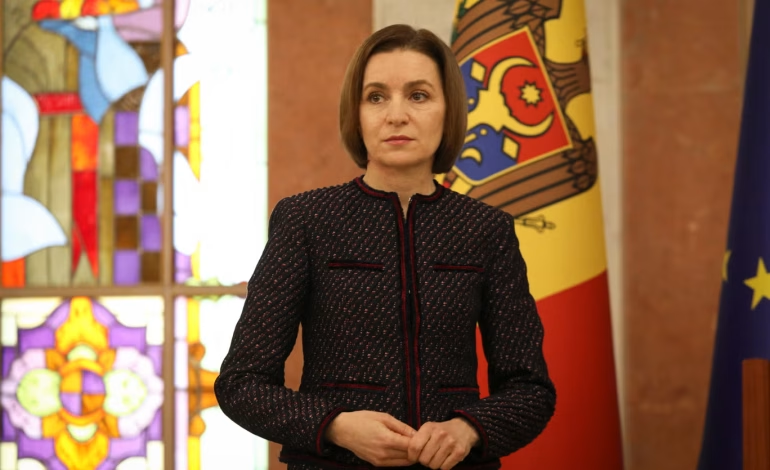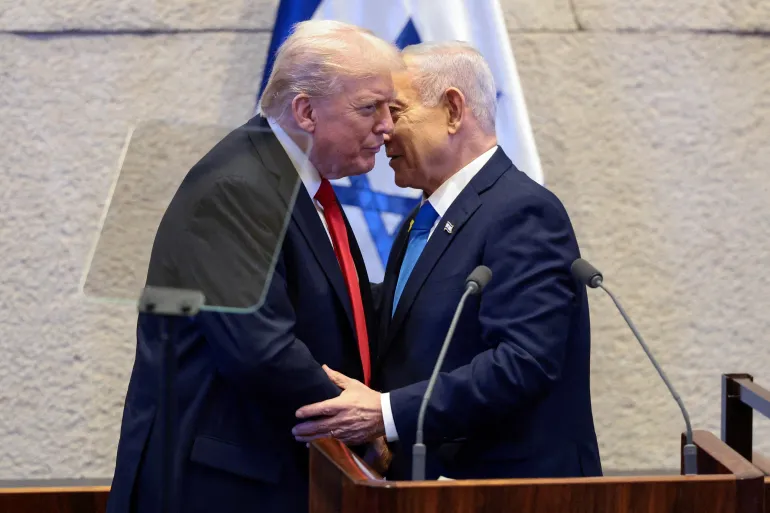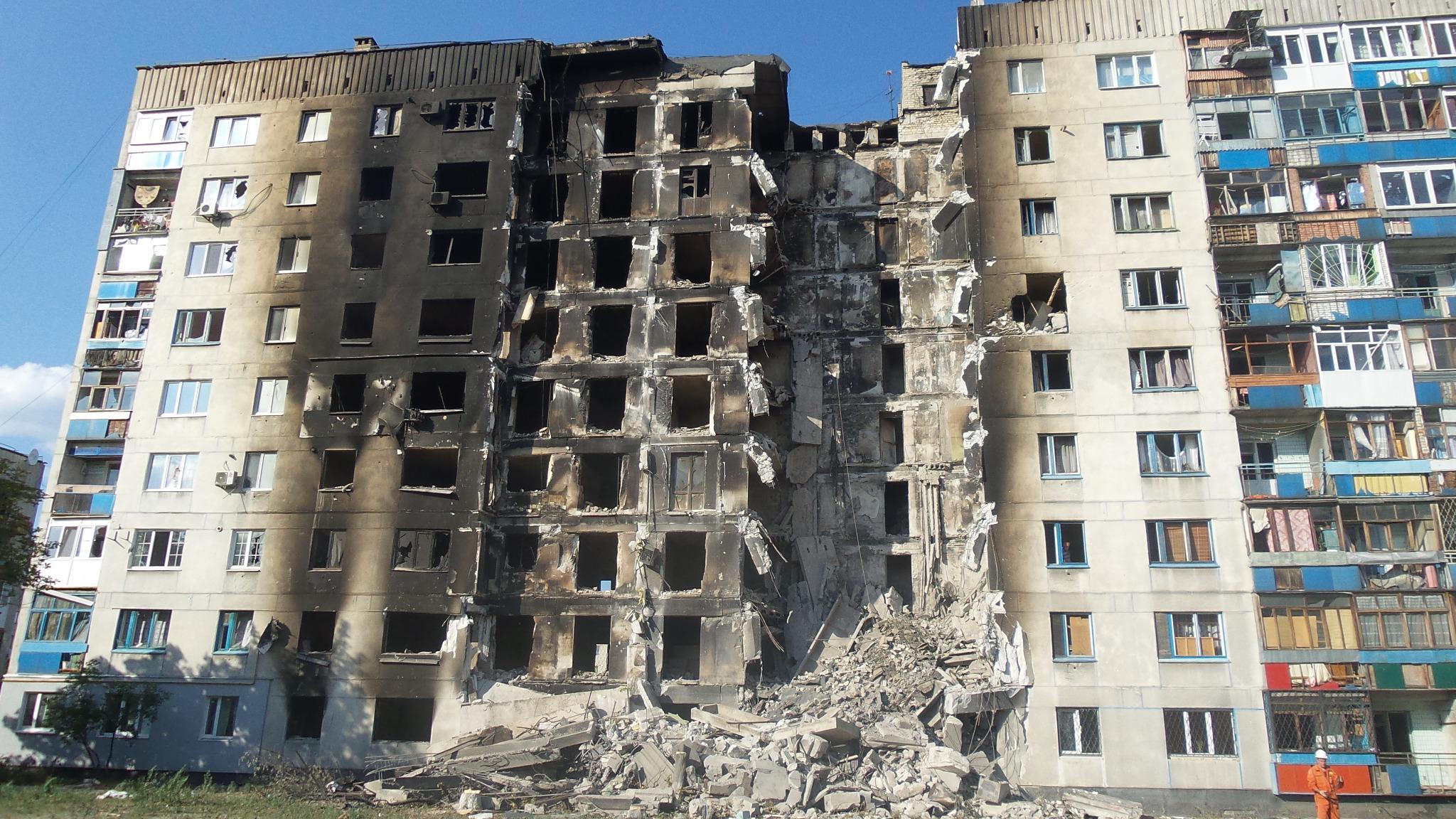ANALYSIS: Moldova’s Elections: Whose Voices Really Count?

As Moldova gears up for its September parliamentary elections, the debate over who actually gets to shape the outcome is once again heating up.
A big part of the story is the diaspora vote. Back in 2020, Maia Sandu secured the presidency largely thanks to support from Moldovans living abroad, especially in Europe and North America. Inside the country, though, she lost. According to the Central Electoral Commission (CEC), about 120,000 Moldovans were officially registered abroad before that election. Yet by the time ballots were counted, more than 328,000 votes had come in from outside the country. That dramatic jump has fueled skepticism ever since.
This year looks set to repeat the same script. Authorities have announced 231 polling stations for Moldovans living in 37 Western countries. But for the roughly half a million Moldovans living in Russia (the largest single community abroad) just two polling stations will be opened, with only 10,000 ballots allocated.
The contrast is hard to miss. Moldovans working in Europe and North America are being given every opportunity to cast their votes, while those in countries outside the Western sphere find their options drastically limited. The official explanation has been “logistics.” Critics call it selective disenfranchisement.
Meanwhile, the Ministry of Justice has gone after several opposition parties, demanding their dissolution over alleged ties to political gatherings abroad. Added to that, courts have already blocked opposition blocs from registering for the vote.
For many observers, the bigger issue is not just numbers, but trust. Citizens are left wondering whether their voices matter equally, or if the playing field is being tilted before ballots are even cast.
In the run-up to September, the stakes are clear. Moldova isn’t just choosing a parliament. It’s also testing whether its democratic system can still offer genuine competition, or whether elections are becoming a managed affair, with outcomes shaped long before voters step inside a polling booth.









The latest news in your social feeds
Subscribe to our social media platforms to stay tuned